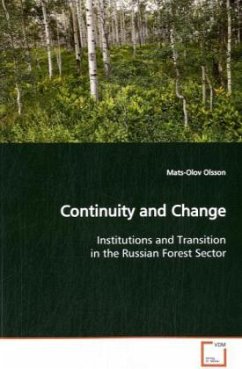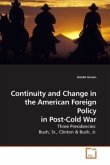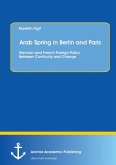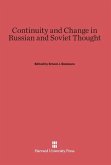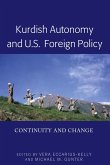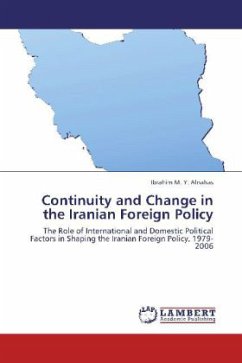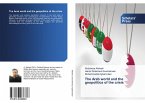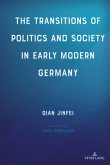For reasons having to do with the Soviet resource
allocation model, many Russian forest sector
enterprises were miserably unfit to meet the market
competition that started to emerge after the
disintegration of the Soviet Union in the early
1990s. To avoid bankruptcy and stay alive in Russia s
transition towards a market-like system many
enterprises chose to engage in non-monetary
transactions, thus establishing what has become known
as Russia s virtual economy. The peculiar
institutions ( rules-in-use ) guiding actors
behaviour in this odd system are incom- patible with
the operation of efficient markets.
The topics discussed in this book can be framed
through the following questions: What is the general
role of institutions in the on-going changes in
Russian society? Are there institutions that hamper
the transition process towards demo- cracy and a
market economy? If so, how do they hamper this
process? How can such institutions be changed to
better serve the needs of the emerging market system?
These and similar questions are addressed from
several different but related perspectives in a
number of studies of actors behaviour in the Russian
timber procurement arena.
allocation model, many Russian forest sector
enterprises were miserably unfit to meet the market
competition that started to emerge after the
disintegration of the Soviet Union in the early
1990s. To avoid bankruptcy and stay alive in Russia s
transition towards a market-like system many
enterprises chose to engage in non-monetary
transactions, thus establishing what has become known
as Russia s virtual economy. The peculiar
institutions ( rules-in-use ) guiding actors
behaviour in this odd system are incom- patible with
the operation of efficient markets.
The topics discussed in this book can be framed
through the following questions: What is the general
role of institutions in the on-going changes in
Russian society? Are there institutions that hamper
the transition process towards demo- cracy and a
market economy? If so, how do they hamper this
process? How can such institutions be changed to
better serve the needs of the emerging market system?
These and similar questions are addressed from
several different but related perspectives in a
number of studies of actors behaviour in the Russian
timber procurement arena.

